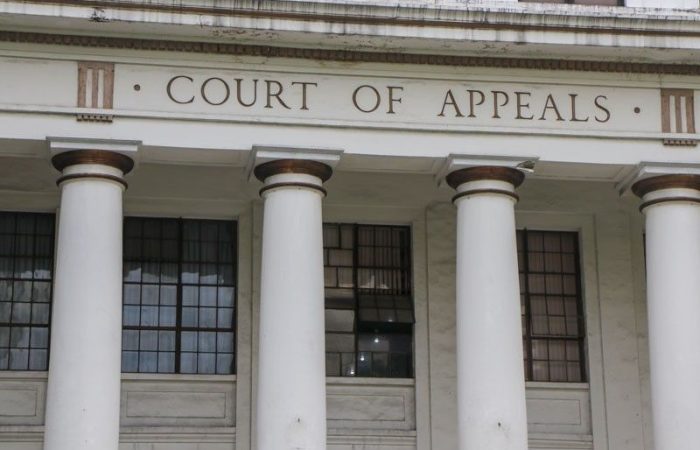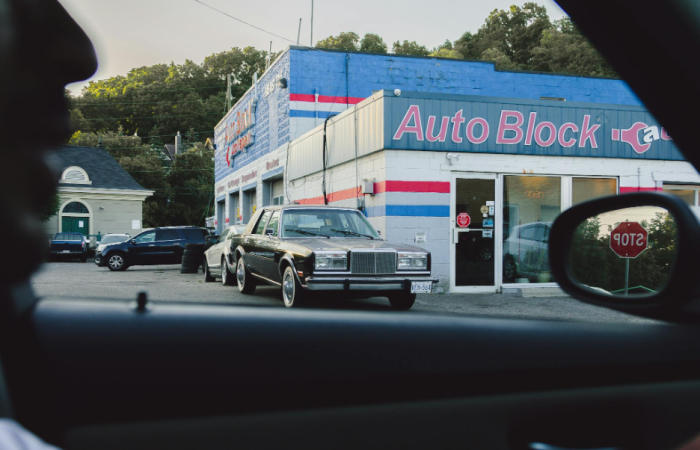By Susann Nordvik
One of the sharpest arrows in the quiver of a consumer attorney, and therefore, her clients, is the Virginia Consumer Protection Act (the “VCPA”). However, aside from the protections afforded by the VCPA, there are lesser-known statutory provisions that either establish a private right of action under the VCPA, or indicate that a violation of such provisions is also a per se violation of the VCPA. Two such provisions are Virginia Code, § 54.1-1115(B), pertaining to construction contractors, and Virginia Code, § 46.2-1582(C), pertaining to the regulation of motor vehicle dealers.
The first provision is clear in its application for the benefit of Virginia consumers. The language of the provision reflects its intent to protect consumers from the practices of fly-by-night contractors and those who represent themselves as being properly licensed but are not. Section 54.1-1115(B) establishes that any “person who undertakes work without . . . any valid Virginia contractor’s license . . . when a license . . . is required” has automatically committed a violation of the VCPA, provided, of course that the transaction is a consumer transaction.[1] This provision is echoed in the VCPA itself.[2]
Thus, where a property owner seeks out the services of a contractor to remodel or upgrade their home for their personal benefit, the property owner can take comfort in the fact that the VCPA stands as a sentinel for them against unscrupulous individuals masquerading as qualified contractors, when they are actually unlicensed. This is actually an important distinction, because a consumer will have no recourse to the Virginia Contractor Transaction Recovery Fund, which does provide some protection to consumers who have suffered damages from improperly executed construction projects. However, the Recovery Fund will only cover errors and omissions by licensed contractors.[3] Therefore, the VCPA stands in the gap to protect consumers involved in transactions with unlicensed contractors.
The second provision is more subtle in its relationship to the VCPA. Chapter 15 of Title 46.2 of the Virginia Code pertains to the regulation of motor vehicle dealers, and governs the licensing of dealers, surety bonds, and the conduct of the business of the sale of motor vehicles. One of the regulations on the manner in which the dealer does business pertains to the terms used in advertising. The General Assembly has recognized the potential for unscrupulous dealers to attempt to pass off certain types of vehicles as “new.” These include low-mileage but previously leased vehicles, vehicles put in service as “demonstrators,” and the like.[4] If a vehicle is disclosed as a demonstrator or as a vehicle that has been previously titled for any reason cannot be described as “new.”[5] Similarly, the use of terms such as “at cost,” “below cost,” or a certain amount “off cost,” are considered misleading “because of the difficulty in determining a dealer’s actual net cost at the time of the sale.”[6]
These regulations affecting the advertising of and representations concerning vehicles for sale are enforced by the Commissioner of the Department of Motor Vehicles against individual licensed dealers. However, the use of misleading terms in advertising and sales pitches concerning motor vehicles also qualifies as a violation of the VCPA when a consumer transaction is involved. Section 46.2-1582(C) makes clear that a consumer’s private right of action under the VCPA has not been in any way impaired or impeded by the powers of the Commissioner to take regulatory action against a dealer who engages in misleading or fraudulent advertising.[7]
It should also be noted that where a consumer has prosecuted a VCPA claim against a motor vehicle dealer in court, they may be able to recover some or all of their judgment through the Motor Vehicle Transaction Recovery Fund, which, much like the Contractor Transaction Recovery Fund, was instituted to “pay claims . . . [and] satisfy unpaid judgments” against motor vehicle dealers.[8] The Virginia Code provides for a mechanism by which a consumer who obtains a judgment against a dealer can file a claim once a judgment against the dealer becomes final. However, the time in which to file such a claim is extremely limited. The claim must be submitted within a year of the judgment becoming final.[9] Although the existence of the Fund does not guarantee payment of your claim, it provides an alternative opportunity for an aggrieved consumer to obtain relief.
If you have any questions about losses you have incurred in relation to a consumer transaction, or if you have recently obtained a judgment you need to file against one of the Recovery Funds, please do not hesitate to contact our offices or another reputable attorney experienced in the Virginia Consumer Protection Act.
***
[1] In general terms, a “consumer transaction” is one that does not involve merchants or commercial interests on both sides of the transaction. The VCPA defines a “consumer transaction,” in addition to other rarer circumstances, as the “advertisement, sale, lease, license or offering for sale, lease or license, of goods or services to be used primarily for personal, family or household purposes.” Virginia Code, § 59.1-198.
[2] Virginia Code, § 59.1-200(A)(46).
[3] The Fund will only pay out if collection efforts from the contractor are unsuccessful.
[4] Virginia Code, § 46.2-1500 defines a “new motor vehicle” as one that “is in the possession of the manufacturer, . . . distributor . . . or motor vehicle dealer and for which an original title has not been issued by the Department . . . and has less than 7,500 miles accumulated on its odometer.”
[5] See Virginia Code, § 46.2-1581(1).
[6] Id. at subd. 7.
[7] “The authority granted in this article shall be in addition to and not a substitute for the powers and authority granted pursuant to the provisions of the Virginia Consumer Protection Act.”
[8] Virginia Code, § 46.2-1527.1(A).
[9] Virginia Code, § 46.2-1527.3(1).




I wish to understand a distinction between an unlicensed entity v. an inadequately licensed entity. In my case, I am dealing with a contractor who does not have an adequate license designation, as opposed to an unlicensed entity. I assume that an inadequate license is akin to no license. What does the contract case law say about this type of an issue?
As part of my review of a building permit for the rebuild of my residential property (damaged in a fire), I discovered that the contractor did not possess a correct license designation that was required, and also applied for a building permit in my name without my express consent. In this case, the contractor possesses HIC, CIC and plumbing license but not an RBC license. My rebuild requires the RBC license because it contains changes to the original structure. I have already paid substantial amount (80%). What recourse do I have? While the rebuild is ongoing in theory, no active work is underway because I want to understand my consumer rights and what VCPA has to say about this. I filed a formal complaint with DPOR to review the business practices of this entity and look into its license and this investigation is ongoing. Does this situation mean that the contractor entered into an illegal contract with me, misrepresenting its license remit and all payments collected within the framework of this contract have been illegal? Can I terminate the contract at this stage? Can I also seek (and how) the repayment for the already-completed work since the contractual basis governing the entire rebuild project is illegal (on the premise that the contractor had an inadequate license at the time of entering into the contractual relationship with us as the customer). Is this where the Contractor Recovery Fund comes into play? Can DPOR criminally pursue this licensee, incl revoking its license?